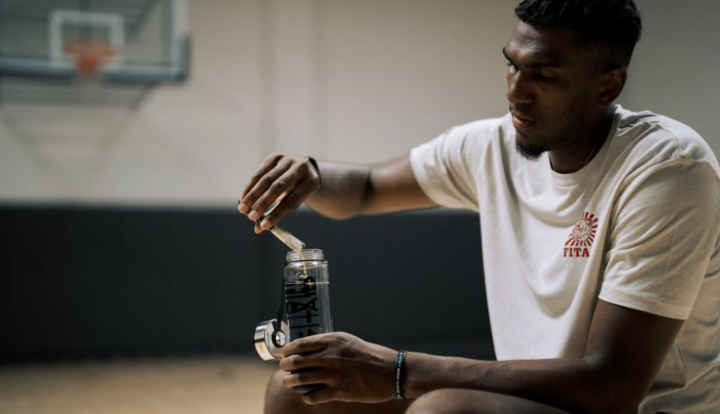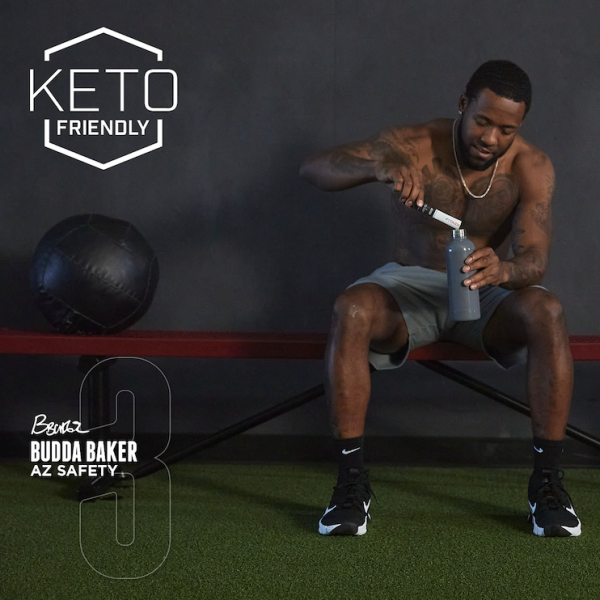Water for Post-Workout Recovery
The Importance of Consuming Enough Water for Post-Workout Recovery
Proper hydration is essential for optimal physical performance and post-workout recovery. When we exercise, our bodies lose fluids through sweat and respiration, which must be replenished in order to maintain proper function. Inadequate hydration can lead to decreased endurance, reduced strength, and increased risk of injury.Hydration 101:
The science behind hydration is straightforward. Water is essential for maintaining proper bodily functions, such as regulating body temperature, transporting nutrients, and eliminating waste products. During exercise, the body's demand for water increases as we sweat to cool ourselves down and breathe harder to oxygenate our muscles. If we do not replenish the fluids we lose, we risk becoming dehydrated. Dehydration can have serious consequences, particularly during exercise. As little as a 2% loss of body weight due to dehydration can negatively impact physical performance. In a study published in the Journal of Athletic Training, it was found that dehydration of just 1-2% can lead to a significant decrease in endurance and strength.How much water do you REALLY need?
To ensure proper hydration, it is recommended to consume at least 17-20 ounces of water 2-3 hours before exercise, and another 7-10 ounces of water 20-30 minutes before exercise. During exercise, it is recommended to drink 7-10 ounces of water every 10-20 minutes. After exercise, it is important to replenish fluids by drinking at least 24 ounces of water for every pound of body weight lost during exercise. In addition to water, electrolyte-rich beverages such as FITAID drinks can also be beneficial for replenishing fluids and electrolytes lost through sweat during exercise. It is important to note that typical sports drinks are typically high in sugar and calories. This is why FITAID and ALL LIFEAID products are always naturally sweetened, and always contain electrolytes without sodium.Chug chug chug... Can you drink TOO much water?
While it is important to consume adequate water, it is also possible to over-hydrate. Over-hydration, also known as hyponatremia, occurs when the body's sodium levels become diluted due to excessive water intake. Symptoms of hyponatremia include headache, nausea, confusion, and in severe cases, seizures and coma. To avoid over-hydration, it is recommended to consume water at a steady pace during exercise, rather than consuming large amounts at once. It is also important to pay attention to thirst cues and not to force fluids.Does alkaline water aid post-workout recovery?
Another question that is often raised is whether the alkalinity of water matters for hydration and post-workout recovery. The pH of water refers to its acidity or alkalinity on a scale of 0-14, with 7 being neutral. While some proponents of alkaline water argue that it can provide health benefits, such as reducing acidity in the body and improving hydration, there is currently limited scientific evidence to support these claims. According to the International Society of Sports Nutrition, the pH of water does not affect hydration or performance. H2O Summary:
Proper hydration is essential for optimal physical performance and post-workout recovery. Consuming adequate water before, during, and after exercise can help to prevent dehydration and its negative effects on physical performance. It is recommended to consume 17-20 ounces of water 2-3 hours before exercise, another 7-10 ounces of water 20-30 minutes before exercise, 7-10 ounces of water every 10-20 minutes during exercise, and 24 ounces of water for every pound of body weight lost during exercise after exercise. While it is also possible to over-hydrate, paying attention to thirst cues and not forcing fluids can help to avoid this issue. The alkalinity of water does not affect hydration or performance, as per International Society of Sports Nutrition.
H2O Summary:
Proper hydration is essential for optimal physical performance and post-workout recovery. Consuming adequate water before, during, and after exercise can help to prevent dehydration and its negative effects on physical performance. It is recommended to consume 17-20 ounces of water 2-3 hours before exercise, another 7-10 ounces of water 20-30 minutes before exercise, 7-10 ounces of water every 10-20 minutes during exercise, and 24 ounces of water for every pound of body weight lost during exercise after exercise. While it is also possible to over-hydrate, paying attention to thirst cues and not forcing fluids can help to avoid this issue. The alkalinity of water does not affect hydration or performance, as per International Society of Sports Nutrition.
References:
ArmstrongLE. "Fluid, electrolyte, and temperature regulation during exercise." Journal of athletic training. 2002 Jul-Sep;37(3):332-43.
-
- Shirreffs, Susan M., et al. "Post-exercise rehydration in man: effects of volume consumed and drink sodium content." Journal of Physiology 575.3 (2006): 611-624.
Rogers, IR., et al. "Hyponatremia in endurance exercise: caution for the marathon." British Journal of Sports Medicine. 2002;36:146-151.
International Society of Sports Nutrition. Position Stand: Water and electrolyte needs for exercise. Journal of the International Society of Sports Nutrition. 2007;4:6.







